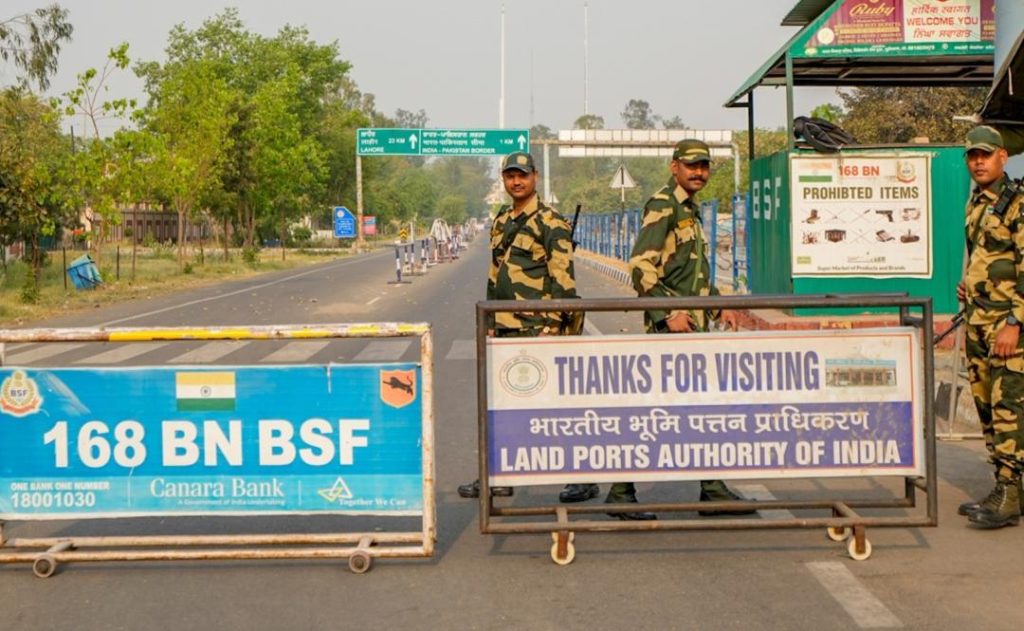
Attari-Wagah Border between India & Pakistan Completely Closed
The Attari-Wagah border between India and Pakistan has been completely closed, according to a report by PTI on Thursday. The news came as a shock to many, as the border had been a significant point of interaction between the two nations, with thousands of people crossing it every day. However, due to the recent tensions between the two countries, the border has been shut down, with no person from either side allowed to cross over to the other.
The closure of the border comes just days after Pakistan stopped accepting its citizens who were deported by India. The decision was taken in the wake of the Pahalgam terror attack, in which 26 tourists were killed. The attack was carried out by Jaish-e-Mohammed, a Pakistani-based terrorist organization, and it led to a significant escalation in tensions between the two countries.
The Pahalgam terror attack was a devastating incident that left the entire nation in shock. The attack was carried out in a crowded tourist spot, and it resulted in the loss of many innocent lives. The Indian government was quick to respond to the attack, and it launched a series of military operations against the terrorist organization responsible for the attack.
The mass deportations of Pakistanis by India were a direct response to the Pahalgam terror attack. The move was seen as a significant escalation of tensions between the two countries, and it led to a significant deterioration in relations between them. Pakistan, in turn, stopped accepting its citizens who were deported by India, leading to the closure of the Attari-Wagah border.
The closure of the border has had a significant impact on the daily lives of people living in the region. Thousands of people who rely on the border for their livelihood have been affected, and many are struggling to make ends meet. The border has been a significant source of income for many people, and its closure has left many families in a state of uncertainty.
The closure of the border has also had significant implications for the economy of the region. The border is a significant trade route, and its closure has led to a significant disruption in trade between the two countries. The move has also had a significant impact on the tourism industry, which is a significant contributor to the economy of the region.
The closure of the border has also raised concerns about the humanitarian situation in the region. Many people who were deported by India are now stranded on the Pakistani side of the border, and they are struggling to survive. The Pakistan government has set up camps to accommodate the deportees, but the conditions are far from ideal.
The closure of the border has also led to a significant deterioration in relations between India and Pakistan. The two countries have been at odds for decades, and the closure of the border has only added to the tensions between them. The Indian government has accused Pakistan of supporting terrorism, and Pakistan has accused India of human rights abuses.
The situation is likely to remain tense for the foreseeable future, and it is unclear when the border will be reopened. The closure of the border has significant implications for the region, and it is likely to have a lasting impact on the lives of people living in the area.
In conclusion, the closure of the Attari-Wagah border between India and Pakistan is a significant development that has significant implications for the region. The border has been a significant point of interaction between the two countries, and its closure has led to a significant deterioration in relations between them. The situation is likely to remain tense for the foreseeable future, and it is unclear when the border will be reopened.
Sources:






